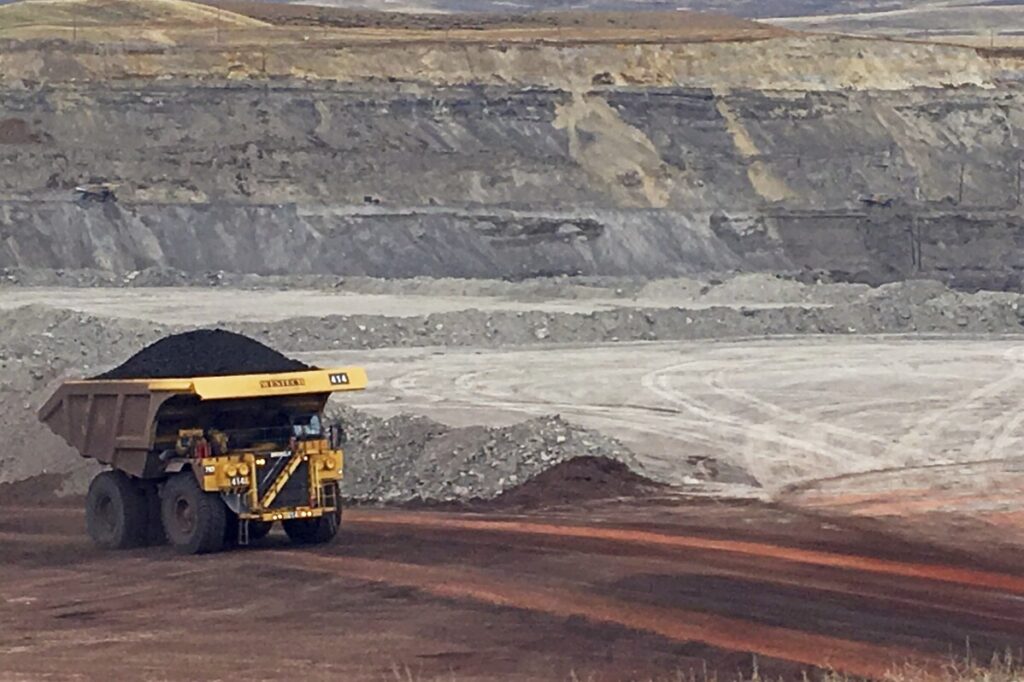Wyoming’s New Coal Mine Masks a Strategic Gamble on Rare Earths Amid National Security Concerns
As China controls nearly 90% of the world’s rare earth supply, Wyoming’s long-stalled coal mine is repositioning itself as a domestic source for these critical metals. But can this risky venture truly secure America’s technological and military future?

Wyoming is on the precipice of reopening its first new coal mine in half a century—not merely to fuel power plants, but to extract rare earth elements vital to America’s technological edge and national defense. While this might sound like a patriotic win, the deeper truth reveals an urgent question: Are we finally breaking free from China’s near-monopoly on these strategic resources or are we gambling with America’s energy future?
Why Rare Earths Matter—and Why America Is Running Out
Rare earth elements like neodymium and dysprosium are linchpins in the permanent magnets found in everything from wind turbines to precision-targeting military devices. Lanthanum powers electric vehicle batteries. Yet, despite their name, they’re not actually rare; rather, they’re rarely found in economically viable deposits outside of concentrated foreign supplies—primarily China, which controls nearly 90% of global production.
This dominance has put American industries and defense capabilities at risk. The Trump administration recognized this vulnerability early on and pushed for increased domestic production—a move consistent with America First principles prioritizing national sovereignty over reliance on geopolitical adversaries.
Wyoming’s Coal Mine: A Strategic Opportunity or Economic Mirage?
The Ramaco Resources Brook Mine, long stalled due to environmental concerns and shifting energy markets, is now being pitched as more than just a coal mine—it’s a rare earth extraction project poised to serve domestic customers including the government. With Department of Energy grants backing development and state funding for a processing plant, proponents tout a $500 million investment that could be recouped within five years.
But the reality demands scrutiny. Wyoming’s coal industry has been shrinking for over a decade as utilities pivot toward renewables and affordable natural gas. Is betting on coal-based rare earth extraction a shrewd application of American ingenuity—or an outdated relic trying to survive?
Moreover, environmental concerns persist regarding groundwater depletion—a reminder that economic progress cannot come at the expense of local communities’ well-being.
For everyday Americans facing inflation and economic uncertainty, promises of new high-tech mineral production ring hopeful—but Washington must ensure robust oversight and transparent planning to avoid costly boondoggles that leave taxpayers footing bills while foreign dependencies linger.
The involvement of figures like former Senator Joe Manchin adds political weight but also raises questions about mingling government influence with private interests in sectors critical for national security.
How long will federal officials continue granting taxpayer dollars without demanding clear accountability? Will this initiative genuinely reduce America’s dangerous dependence on foreign-controlled supply chains—or merely prop up fading industries under patriotic rhetoric?
The stakes couldn’t be higher when it comes to securing the raw materials essential for American innovation and defense readiness. As Wyoming breaks ground this Friday, one hopes it marks not just another mining operation but a turning point toward true economic liberty anchored in our nation’s enduring sovereignty.
